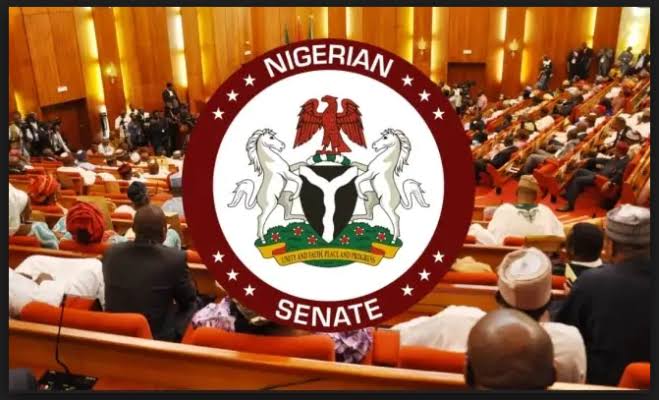Amidst the ongoing review of the 1999 Constitution by Senators, there is a consensus on the need for local government autonomy, while differing opinions arise on the establishment of State Police. Senators Nwoko and Izunaso are advocating for the creation of additional states, sparking further debate at the recent constitution review retreat in Kano.
OBSERVERSTIMES recalled, the Supreme Court’s landmark ruling on July 11, which barred the 36 governors from retaining or utilizing funds meant for the 774 Local Government Areas (LGAs), has catalyzed the Senate’s efforts to restore local government autonomy. The apex court deemed the seizure of LGA funds by state governors illegal and unconstitutional, setting the stage for legislative action to reinforce local government independence.
Reflecting on the Supreme Court’s verdict, Senate President Godswill Akpabio pledged that the National Assembly would amend the constitution to enshrine full autonomy for local governments. This commitment was echoed during a two-day retreat on constitutional amendments in Kano, where the Senate Committee on Constitution Review reached a consensus on including local government autonomy in the nation’s legal framework. However, the issue of state police elicited divergent views among the senators.
Local Government Autonomy: A Long-Overdue Reform
Prominent senators, including Senate Leader Opeyemi Bamidele (APC, Ekiti Central), former Senate Leader Ali Ndume (APC, Borno South), Chairman of the Senate Committee on Finance Sani Musa (APC, Niger East), Senator Abdulfatai Buhari (APC, Oyo North), Osita Izunaso (APC, Imo West), and Ned Nwoko (PDP, Delta North), strongly advocated for full local government autonomy. They argued that local governments must be empowered to function independently to ensure effective grassroots governance.
Bamidele emphasized the necessity of local government independence, stating, “The independence of the autonomy of our local governments cannot be taken away. The debate is raging as to whether or not local government should be considered a tier of government. Regardless of what is in our constitution, certain realities have come to terms with us.”
Nwoko highlighted the critical nature of local government autonomy, noting, “The local government has almost but died; nothing is happening there. Any reforms supporting the Supreme Court’s decision will help reintroduce the ideals of having a local government.”
State Police: A Divisive Issue.
The retreat also saw a heated debate on the establishment of state police. Proponents argued that state police could enhance security by addressing local threats more effectively. Senator Sani Musa supported state police, stating, “Every state in this country is facing one insecurity or the other. If we look at the issue of state police and its advantages and disadvantages, we will come out with an outcome that Nigerians will want.”
Conversely, Senator Ali Ndume opposed state police, citing concerns about resource allocation and potential misuse. “We have less than 400,000 police nationwide. Instead of creating state police, why don’t we increase the number and train, equip, arm, and motivate them?” he questioned.
Calls for Additional States
The retreat also saw calls for the creation of additional states, particularly from senators representing the South-East and South-South geopolitical zones. Nwoko advocated for the creation of Anioma State, emphasizing the long-standing agitation for the state. Izunaso echoed the need for equitable state representation, pushing for the creation of Orlu State to balance the number of states across geopolitical zones.


